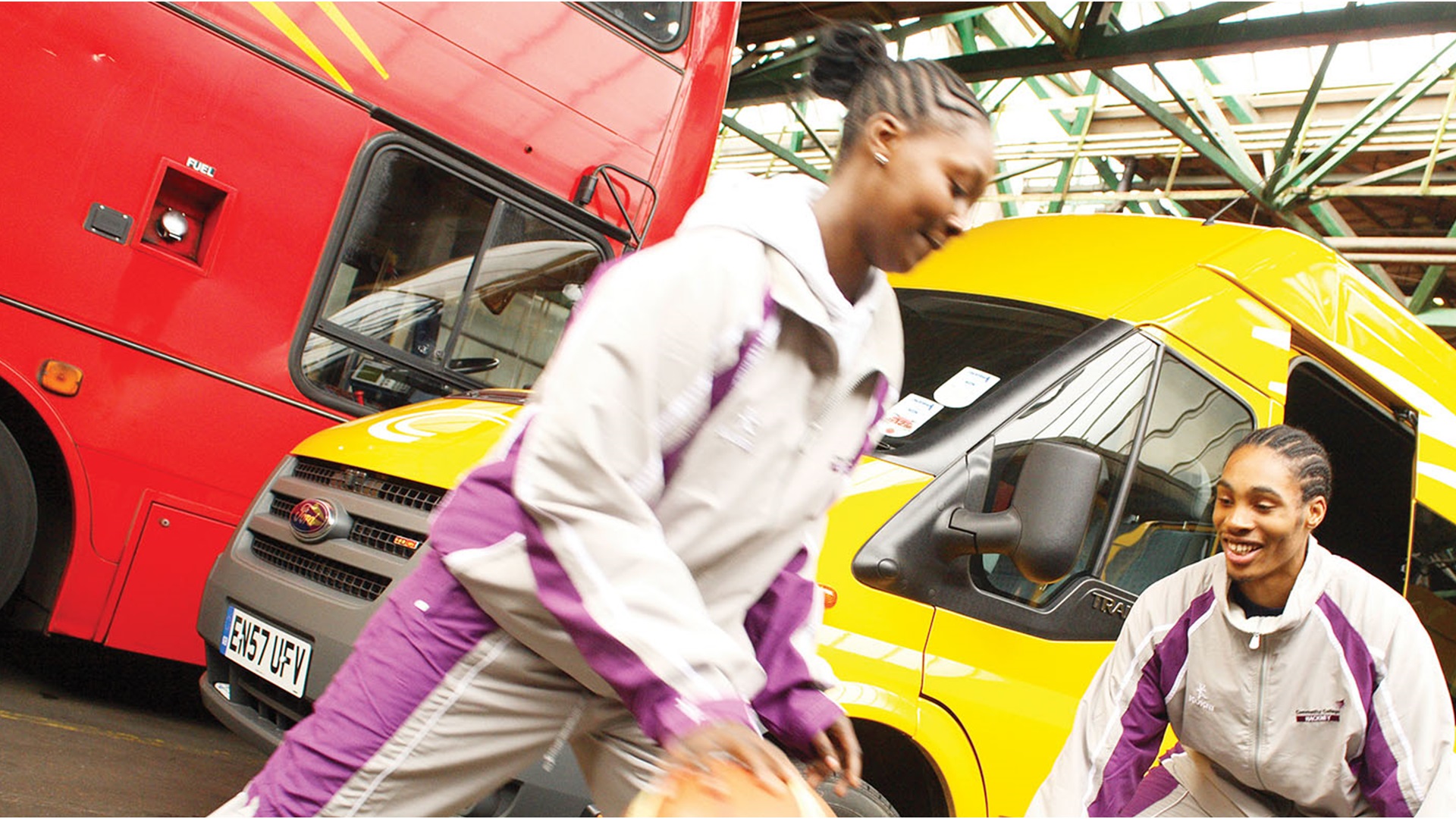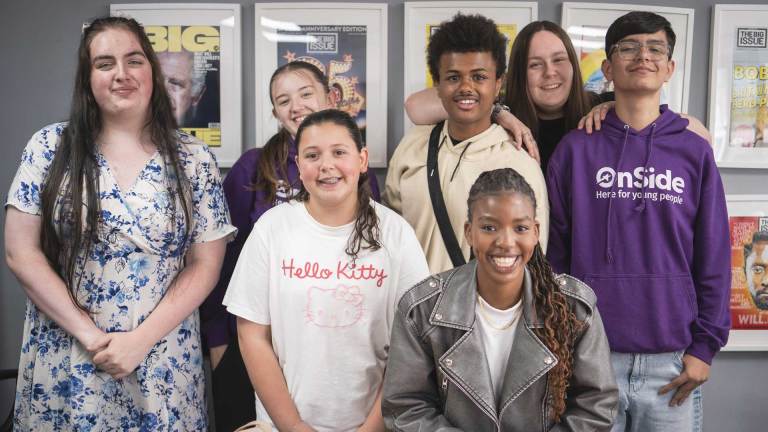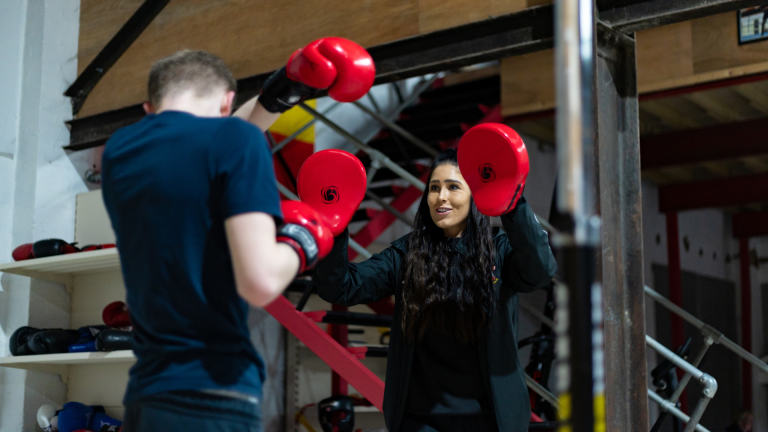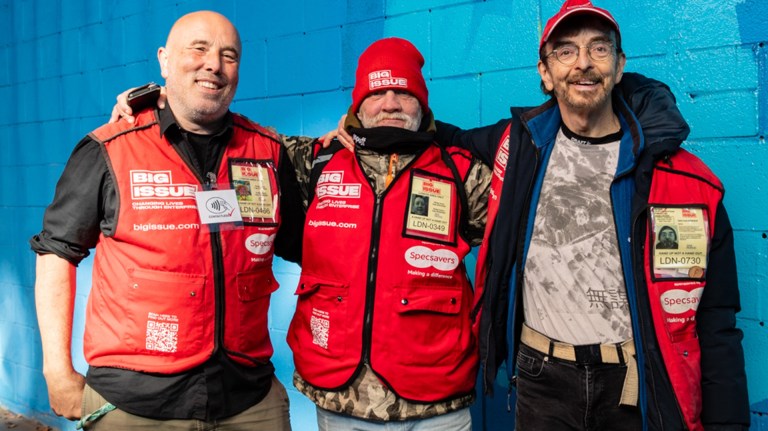What role has BII played in recovery lending to social enterprises in the UK?
First and foremost, when we realised we were looking at cessation of economic activity in large parts of the economy, we reached out to our c.200 investees to see what we could do for them. In our lending operation, half of our portfolio went to no pay for differing periods of time, meanwhile others elected to carry on paying down their loan with us. In the initial weeks, our immediate response was in advance of the furlough scheme or COVID funding for the sector.
We could take this action was because we sought and continue to hold the support of our investors. We went to our funders, Unity Trust Bank, Esmee Fairbairn, Places for People and The Access Foundation and asked them to make allowances, whether pausing interest and/or capital repayment holidays.
Since we moved collectively with our investors and our investees, no one fell over. If we had not all moved together, things would have cracked.
Another thing we have done well is to carry on lending. Our loan volumes decreased but we continued to make new loans throughout the pandemic.
We have also played a key role in supporting the Resilience and Recovery Loan Fund (RRLF). RRLF was a £25M fund introduced by BSC in May 2020, managed by the Social Investment Business with a British Business Bank (BBB) guarantee. Delivery partners included BII, Charity Bank and Social and Sustainable Capital. The aim of the fund is to is to provide emergency funds to organisations impacted by Covid-19.
At 18 loans, BII have written the second highest number of loans through RRLF and the second highest value at circa £5.9M. It’s a great example of partnership working and collaboration.
Finally, we also collaborated with Unltd, School for Social Entrepreneurs, Resonance and Key Fund to introduce the Social Enterprise Support Fund (SESF).
Together, we issued over 500 small SESF grants worth £18.7m and at Big Issue Invest, we made 118 grants totalling £3.2m to support small and medium sized trading charities and social enterprises to innovate, pivot, and continue.
This was made possible by The National Lottery Community Fund (TNLCF) who were fast off the ground to repurpose TNLCF grant funding to meet the needs of trading charities and social enterprises whose services, products and ultimately, beneficiaries were threatened by COVID.
While TNLCF are great at making small grants, they felt that – in order to deploy the repurposed grant money – they wanted people with the skillset of assessing and lending to trading charities and social enterprises; these were the organisations that we all were most concerned about.
These trading charities and social enterprises, who had innovated and diversified into trading income streams to strengthen their organisations ultimately lost their income nearly overnight, making them much more vulnerable to COVID. This is exactly the threat BII and partners of the SESF sought to mitigate.
Are the worst and most positive impacts of COVID on the sector yet to be seen?
The worst impact is of course to those who have lost their lives, their families, those who continue to suffer from effects of long-COVID, and those who have otherwise been adversely effected by COVID, who are disproportionately some of society’s most vulnerable.
The charity and social enterprise sector has come through about 10 years of austerity. The pandemic fell on a sector that had gone through the pressures of funding cuts. These are organisations that have learned to adapt to very difficult circumstances.
I believe if you’re going to experience a pandemic, the people you want with you are charities and social enterprises who have already learned from a difficult last 10 years.
What we’ve seen is absolute creativity by these organisations to respond to COVID and continue to meet people’s needs.
That said, none of us are in the clear. A key moment in the economic cycle when organisations are vulnerable to failure is coming out of recession; it’s been hard enough to survive and then you need to grow again. The COVID recovery lending mechanisms we spoke about already have been essential to building up those cash reserves so that those organisations can come out of this to continue serving their communities.
Organisations will need cashflow support when they are building back. We, as BII, need to continue doing this as well as we can.
Finally, some simple things have changed. For example, the Coronavirus Business Interruption Loan Scheme (CBILS) changed the way the British Business Bank assesses viability for guarantees on loans under a quarter of a million pounds. I expect there to be a wave of funding for charities and social enterprises under this guarantee scheme that wasn’t previously available to them.
Going forward what does recovery lending look like for BII?
For several years now BII has spent a lot of time listening and responding to the needs of the charities and social enterprises we serve. Recovery lending will start by listening to needs which are emerging. Getting affordable and flexible money out across the sector is vital. Jobs, regional inequalities, BAME communities, support for trading activities and health and social care are likely to be key investment themes for recovery lending.
We will be backing people and communities and coming up with finance solutions which meet their needs. Partnership will be a key theme. Following the last Global Financial Crisis, BII worked in partnership with Responsible Finance as a delivery partner for Regional Growth Funds (RGF). We supported 89 organisations with over £7.5M funding over 5 years helping to create 620 new jobs. We will need new schemes like this to build back better.
You can solve problems quicker and more effectively with the right partners onboard.
Do you have any closing thoughts?
These resilient, formidable social enterprises we are fortunate enough to be able to back, have adapted, survived and continue to serve their communities. It is incredible.
The Bank of England, the British Business Bank, and the Treasury with the furlough scheme have benefited the social economy through their programmes and actions. Their priority has been to avoid economic scaring that was otherwise seen following previous economic recessions, particularly during the 80s where we saw mass unemployment through the closure of coal and steel and heavy industry. While this recession may be a steeper drop than some of the past recessions, the actions taken by the Treasury, Bank of England and British Business Bank may well help us avert mass unemployment and widespread failure of organisations in our sector.
We need these policy level interventions at the top of the economy. They will only have an effect on recovery if there are organisations at the grassroots, delivering. Our sector, the social economy, has been there for people up and down the country. I’m proud to be part of it.










